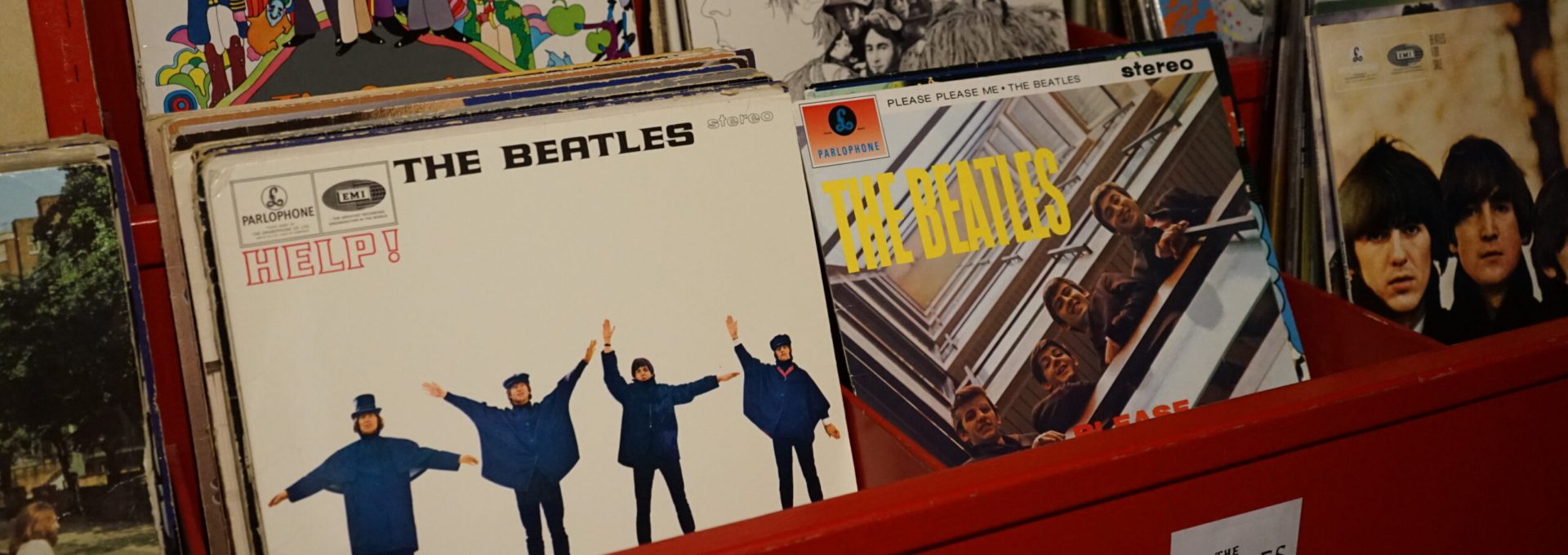The Beatles’ fifth studio album, Help!, is not only an excellent collection of songs, but a compelling glimpse into the band’s transitional phase: a period between the polished cheeriness of their Beatlemania era and the more experimental, introspective direction of their later years. On Help!, John reveals his insecurities, Paul composes one of his signature songs, and for the first time on a Beatles album, George writes two songs.
John Lennon Bares His Soul
The album’s title track, “Help!”, is deceptively catchy, meaning many have never realised the raw vulnerability of the lyrics. Years after The Beatles disbanded, Lennon admitted the tune was a cry for help during a time when he was overwhelmed by fame and struggling privately with his mental health. As he recounted in his famous 1980 Playboy interview with David Sheff:
“
I didn't realize it at the time; I just wrote the song because I was commissioned to write it for the movie. But later, I knew I really was crying out for help. It was my fat Elvis period...And I am singing about when I was so much younger and all the rest, looking back at how easy it was.
Actor Peter Cargill, who appeared in the Help! film, remembered how, by the time the single was released, “The Beatles’ melodies were becoming more intricate and their lyrics were expanding beyond the me-you-him relationships of 1963.”
The Bob Dylan Influence
The deeply personal ballad “You’ve Got to Hide Your Love Away”, with its stripped-down arrangements on acoustic guitar and flutes, marked another shift. “That’s me in my Dylan period again,” Lennon said. “I am like a chameleon, influenced by whatever is going on.” Paul McCartney confirmed Lennon was intentionally mimicking Dylan’s vocal style.
Music writer Jon Savage and others have speculated that the song may have been inspired by Brian Epstein, The Beatles’ manager, who was forced to conceal his homosexuality at a time when it was still illegal in the UK. If true, this track signaled a new openness in The Beatles’ songwriting to tackle more mature songwriting topics, something they would continue to explore more of on songs like “Eleanor Rigby”.
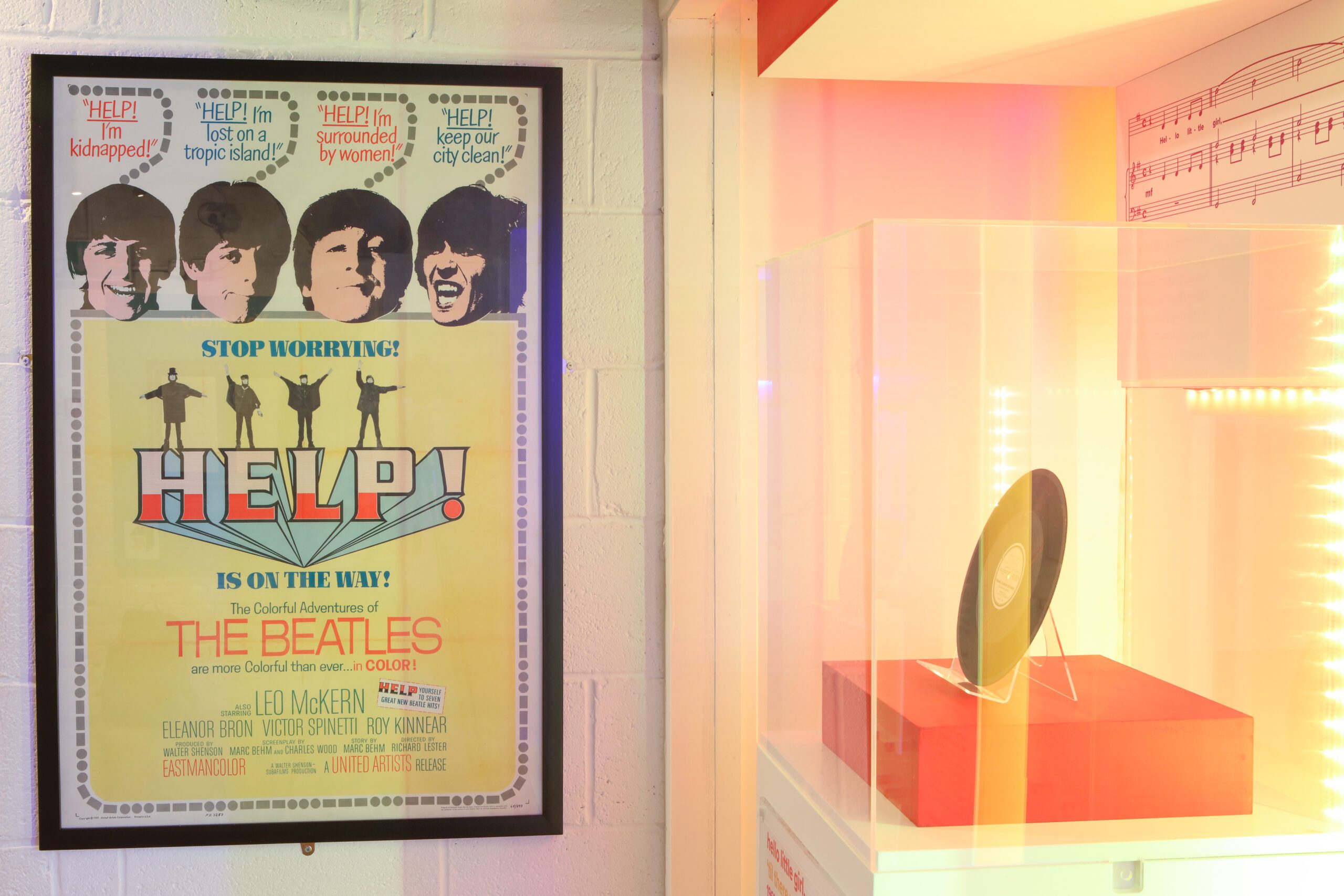
Paul McCartney Wows Critics with “Yesterday”
“Yesterday, one of The Beatles’ most beloved songs, is a melancholic reflection from McCartney on the aftermath of a breakup. For the first time in the band’s history, the song featured no drums or guitars, only McCartney’s voice and an accompanying string quartet. It was a risky move for popular music that paid off. “Yesterday” marked a turning point where critics began taking The Beatles more seriously, as it won the prestigious Ivor Novello Award for “Outstanding Song of 1965”. Overall, “Yesterday” marked a turning point in pop music, proof that The Beatles were no longer confined to guitars and harmonies alone.
George Harrison Steps Forward as a Songwriter
Help! was also a breakthrough moment for George Harrison as a songwriter. For the first time since With The Beatles (1963), Harrison contributed two tracks: “I Need You” and “You Like Me Too Much”. On “I Need You”, he used a volume-swell pedal for the first time, an experimental touch that hinted at the sonic adventurism to come (such as the inclusion of a sitar on their next album Rubber Soul). Though still somewhat in the shadow of Lennon and McCartney in terms of songwriting productivity, Harrison was beginning to carve out his own distinct voice within the band.
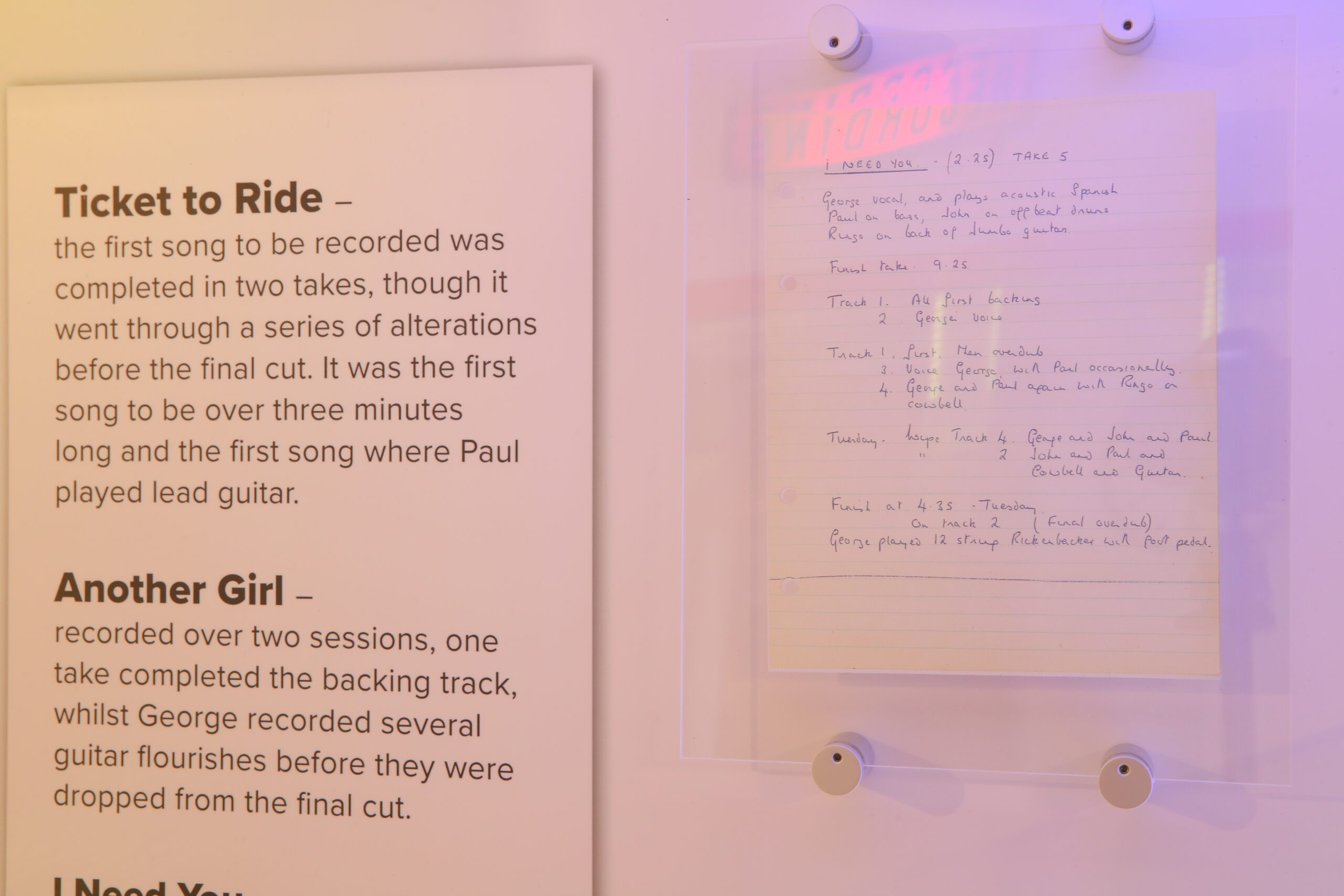
While many music journalists at the time of its release looked at Help! as an enjoyable listen, with NME writer Derek Johnson describing it as a “gay, infectious romp”, the album has only garnered more acclaim in retrospect for its introspective lyrics and bold new direction of sound. Perhaps Rob Sheffield describes Help! best in the 2004 The Rolling Stone Album Guide: “a big step forward…the first chapter in the astounding creative takeoff the Beatles were just beginning”.
Recent blogs
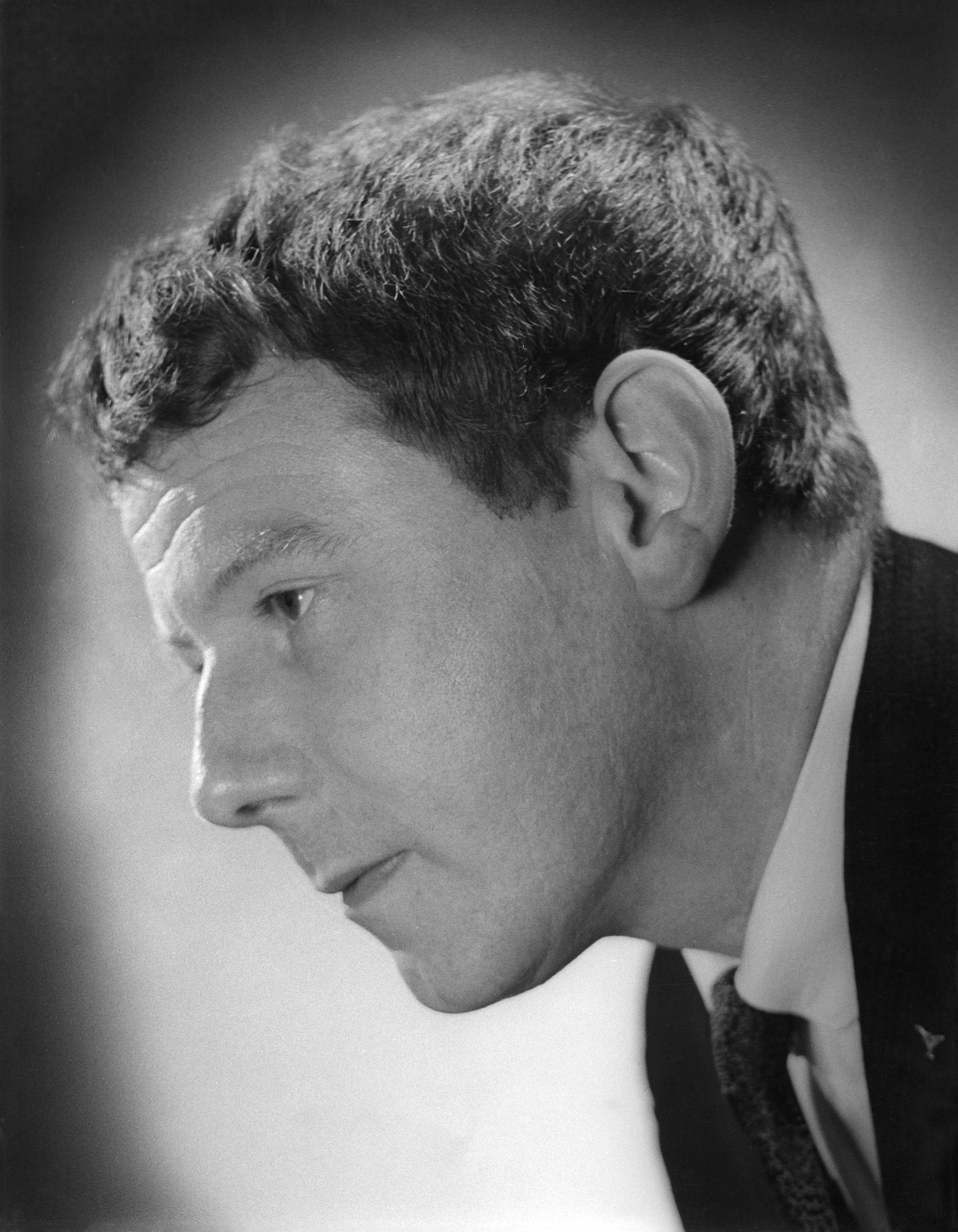
Bob Wooler: The Early Champion of The Beatles

Watch Beats & Threads: A Live Online Talk and Q&A
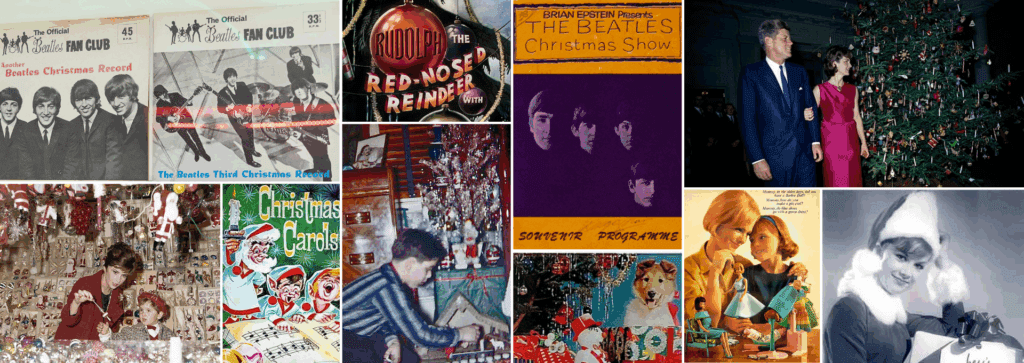
How to Have a 1960s Christmas

The Beatles and Disney
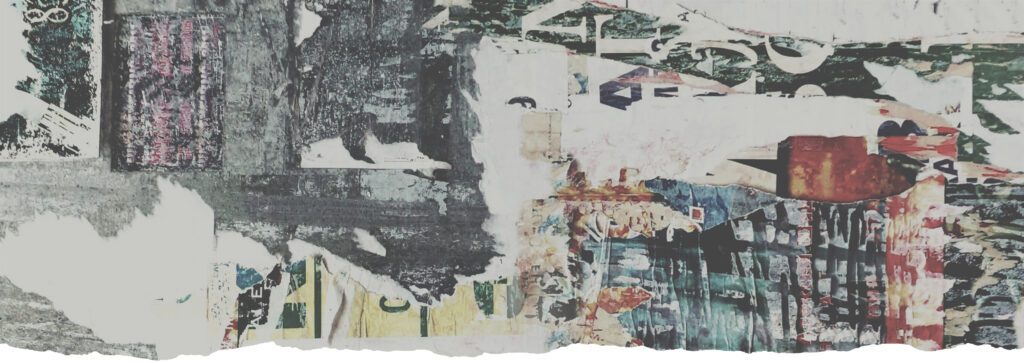
The Anthology Project
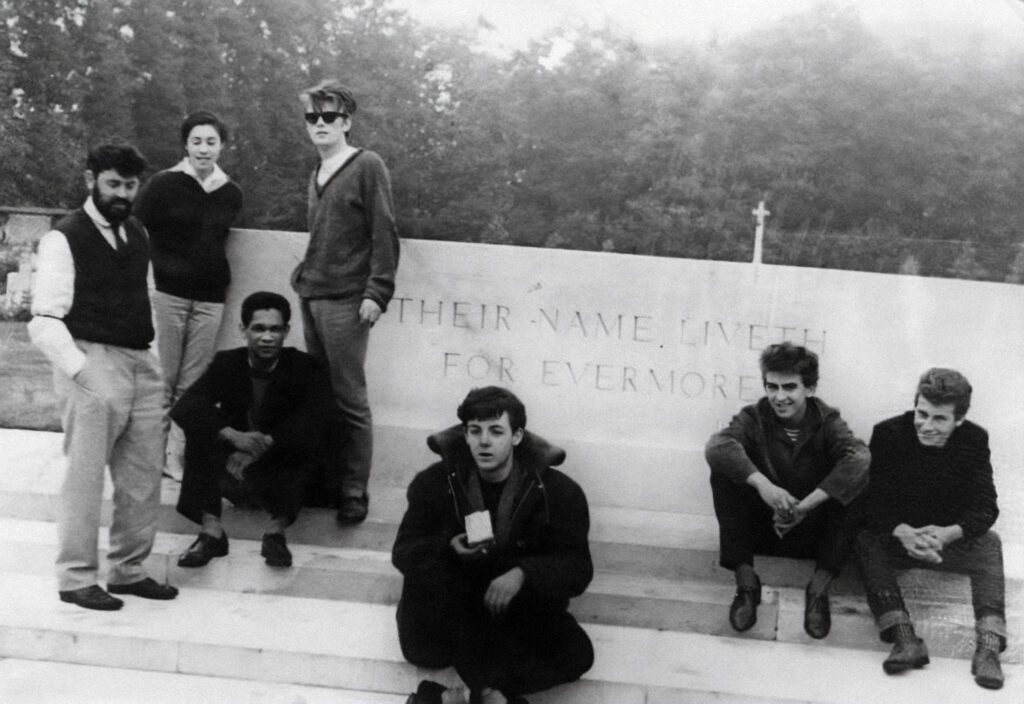
The man who drove The Beatles to Hamburg

The Beatles and Their Influence on Hip-Hop
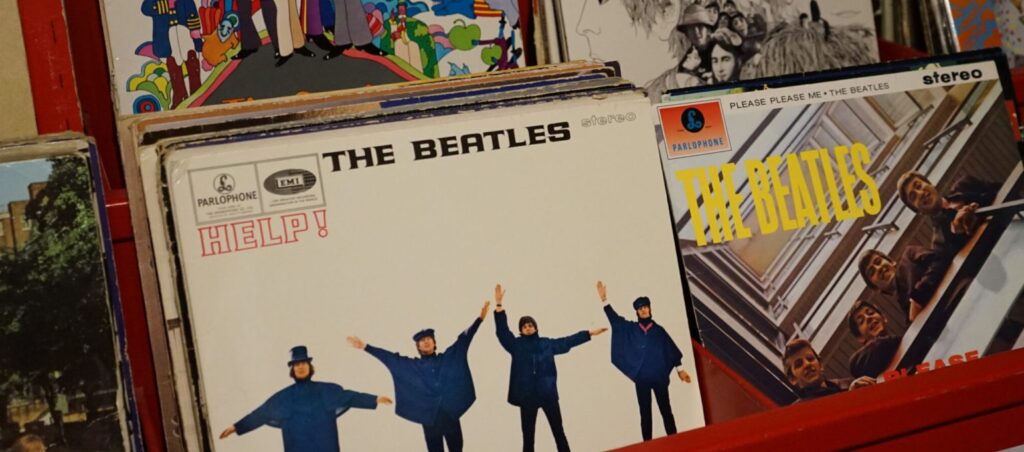
Help! — The Beatles’ Turning Point
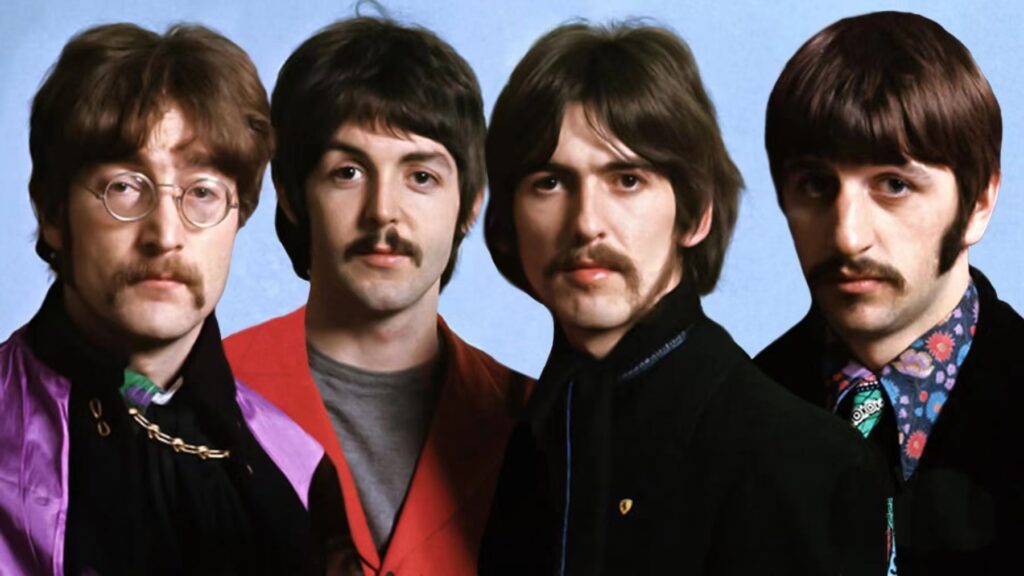
The Lost Beatles Song
